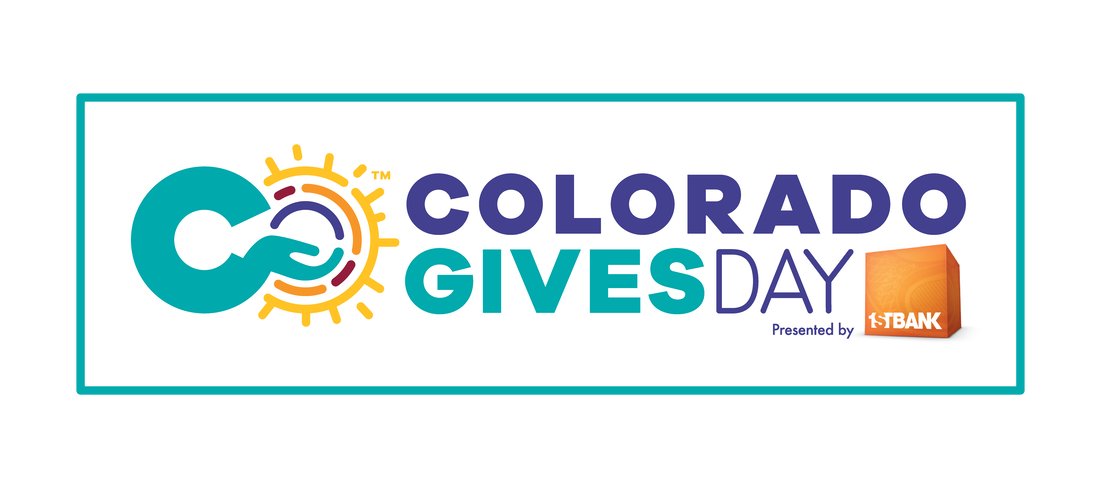 Last month, we highlighted our observation of Older Americans Month. In addition to this celebration, May was also Mental Health Awareness Month, and today we want to look at how older adults' lives are impacted by this critical issue. Mental health is becoming an increasingly important part of the public health conversation. It plays a role in how we connect with others, make decisions, handle stress, and many other aspects of daily life. And we now know that our mental health deserves as much attention as our physical health does. There are some common risk factors and indicators for mental health challenges shared by everyone. These can include Social Determinants of Health (SDOH), which are the conditions in which people live, learn, work, and play; things like financial stability, education access, access to quality health care, neighborhood and living environment, and social and community life. Studies have consistently shown that SDOH impacts our mental and physical health outcomes. Other risk factors include genetics, biology, and brain chemistry, whether someone has experienced trauma, and habits and lifestyle choices. Some mental health circumstances are unique to the experiences of older adults. Many live alone, resulting in a higher risk of social isolation and mental health concerns, and that percentage increases with age. Some stressors are just more common as we age, like reduced mobility, chronic conditions, and grief. And historically, mental health services are often underutilized by older adults. Access to mental health care can be hindered by perpetuating stigmas and misconceptions regarding ageism and mental health issues. In addition, lack of adequate insurance coverage or other physical conditions may take priority during a consultation with the doctor. What can we as a community do to address this situation? There are some encouraging trends, such as the increasing integration of mental health care into primary care visits. People are typically more inclined to discuss concerns such as depression with their general physician rather than seeking a mental health-specific doctor. Healthcare systems can also strive to meet the specific needs of older adults by providing training for health professionals in caring for older people and developing age-friendly services and settings. The State of Colorado recently gave some incentives to encourage medical students to specialize in geriatrics as our population is getting older. Together, we can work to eliminate the stigma surrounding mental health challenges by being conscious of our language choices, choosing empowerment over shame, and educating ourselves. At Aging Resources, we focus on collaborating with older adults to figure out what their individual, independent aging journey looks like. By providing services such as companionship, we decrease social isolation. Our transportation program allows for greater access to health care, including mental health. Come volunteer with us! Our services give residents more options to live life on their terms, resulting in a better quality of life for our older neighbors. If you or someone you know could use a hand navigating a mental health question or any other part of the aging process, please reach out to us at 303-814-4300 or www.agingresourcesdougco.org.
0 Comments
Leave a Reply. |
AuthorsBlogs are written by ARDC staff members Archives
January 2024
Categories |
Aging Resources of Douglas County 104 Fourth Street, Castle Rock, CO 80104 303-814-4300 [email protected]
©2023 Aging Resources of Douglas County | Help for Senior Citizens | Sitemap XML
All public documents will be available upon request.
©2023 Aging Resources of Douglas County | Help for Senior Citizens | Sitemap XML
All public documents will be available upon request.

 RSS Feed
RSS Feed



